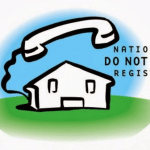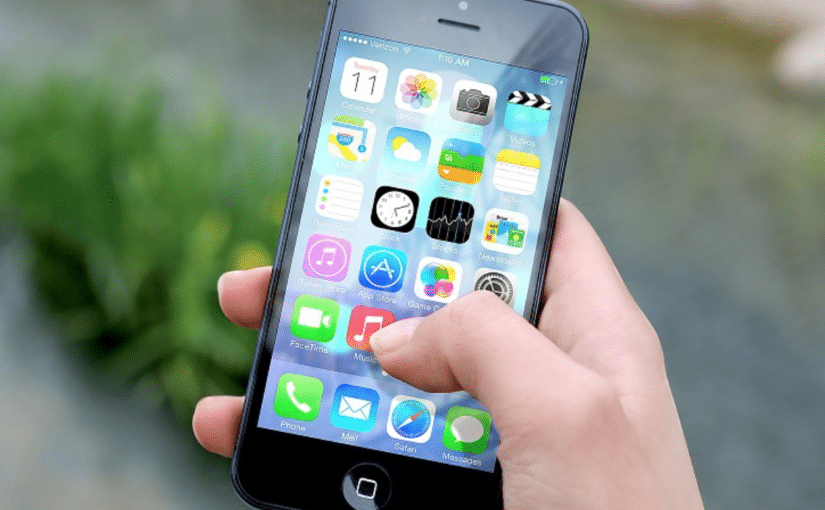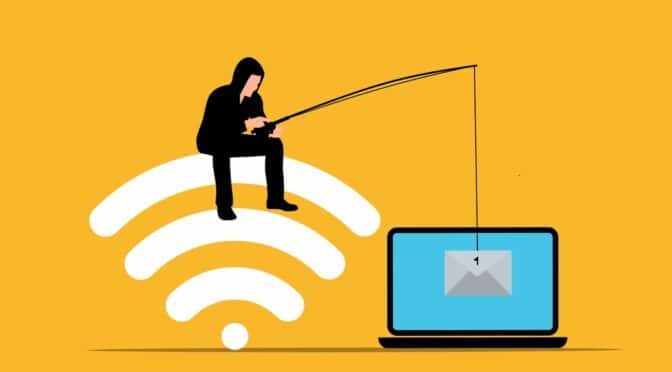by Barbara Nevins Taylor
A new threatening scam robocall hit my mobile phone voicemail this week to let me know “the local cops” are after me. The caller sounds like someone for whom English is not the first language. Maybe they speak Russian. I don’t know. This is what I heard:
“. . . by the local cops as there are four serious allegations pressed on your name at this moment. We would request you to get back to us so that we can discuss this case before taking any legal action against you. The number to reach us at is 708-432-8161. I repeat 708-432-8161”
That’s all crazy. And I would never call back. But someone fearful, naive or just not fully capable might. The scammers could bully them into sending money, or giving up banking or other personal financial information. It happens and these calls present a potential danger.
The 708 area code goes to Chicago suburbs. But the phone number belongs to what’s call a non-fixed VoIP, or Voice over Internet Protocol. That means it’s a disposal internet account that can be attached to any address. The scammers don’t have to reside in the locality connected to the area code or even in the country. Non-fixed VoIP tells us they use an internet or cable service and bypass phone companies. This helps them keep their identities hidden as they churn out 1,000 numbers per second.
The creation of these barely regulated non-fixed VoIP accounts seems like a gift to thieves. Theoretically, the Federal Communications Commission (FCC) oversees interstate communication that includes VoIP business. But under the Trump administration and the leadership of FCC Chairman Ajit Pai, consumer protection takes a back seat to business.
What should you do if you receive a threatening scam robocall?
The Federal Trade Commission (FTC), which does pursue consumer complaints about robocalls, suggests you do a few things to keep yourself out of harm’s way.
Put your number on the federal and your state’s Do Not Call Registry (I’m on both and these calls still get through.)

Report illegal calls to the FTC. Under past administrations they have sued more than 600 companies for making illegal calls.
You can call the FTC-1-877-FTC Help or go to www.ftc.gov/complaint
-
-
-
-
- .
-
-
-
Listen to the call here:
https://soundcloud.com/barbara-nevins-taylor/threatening-scam-robocall



